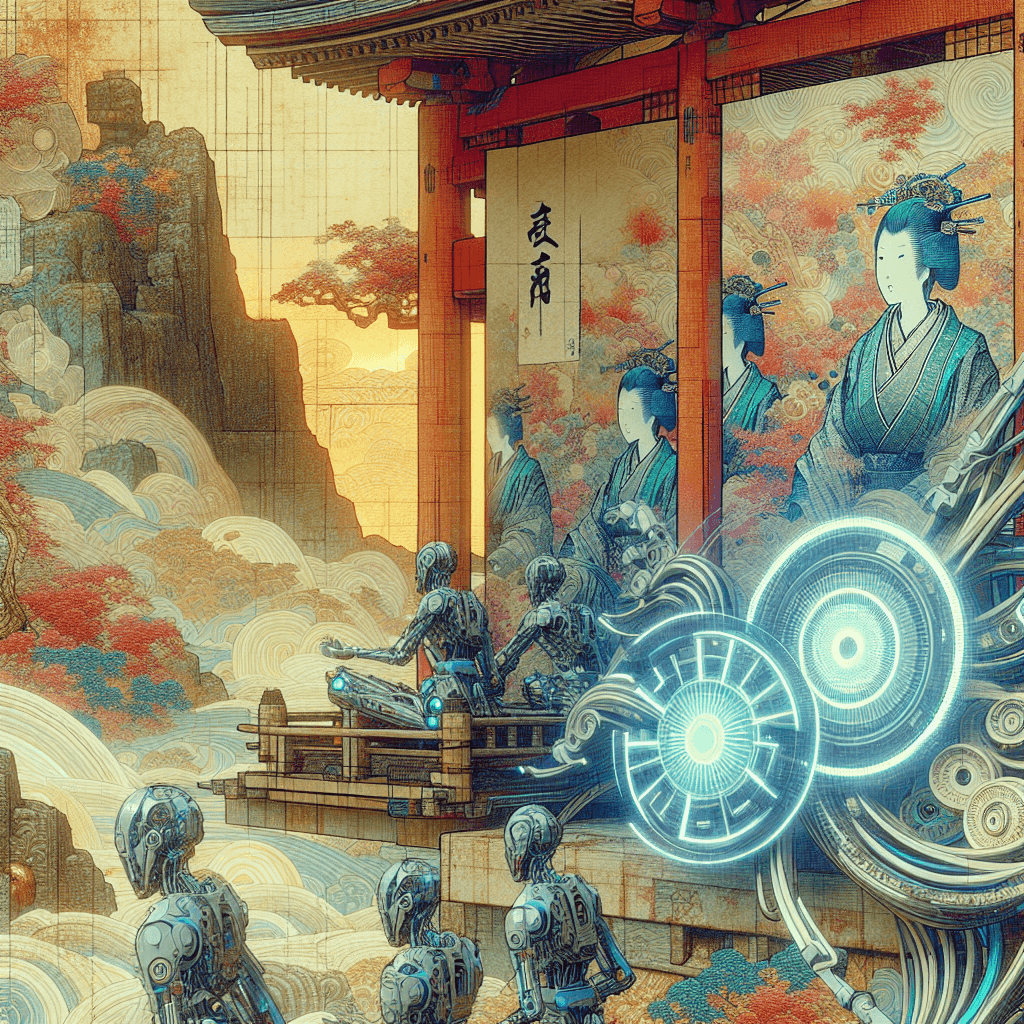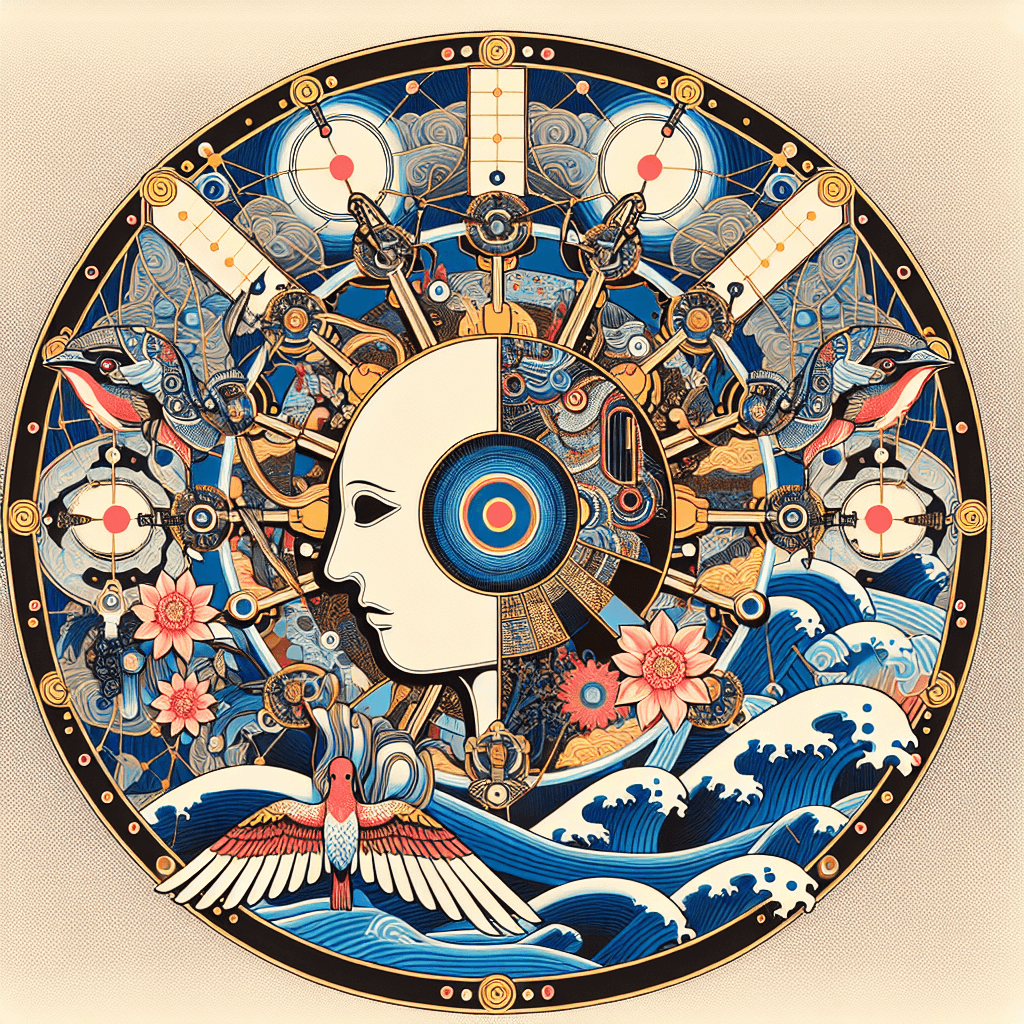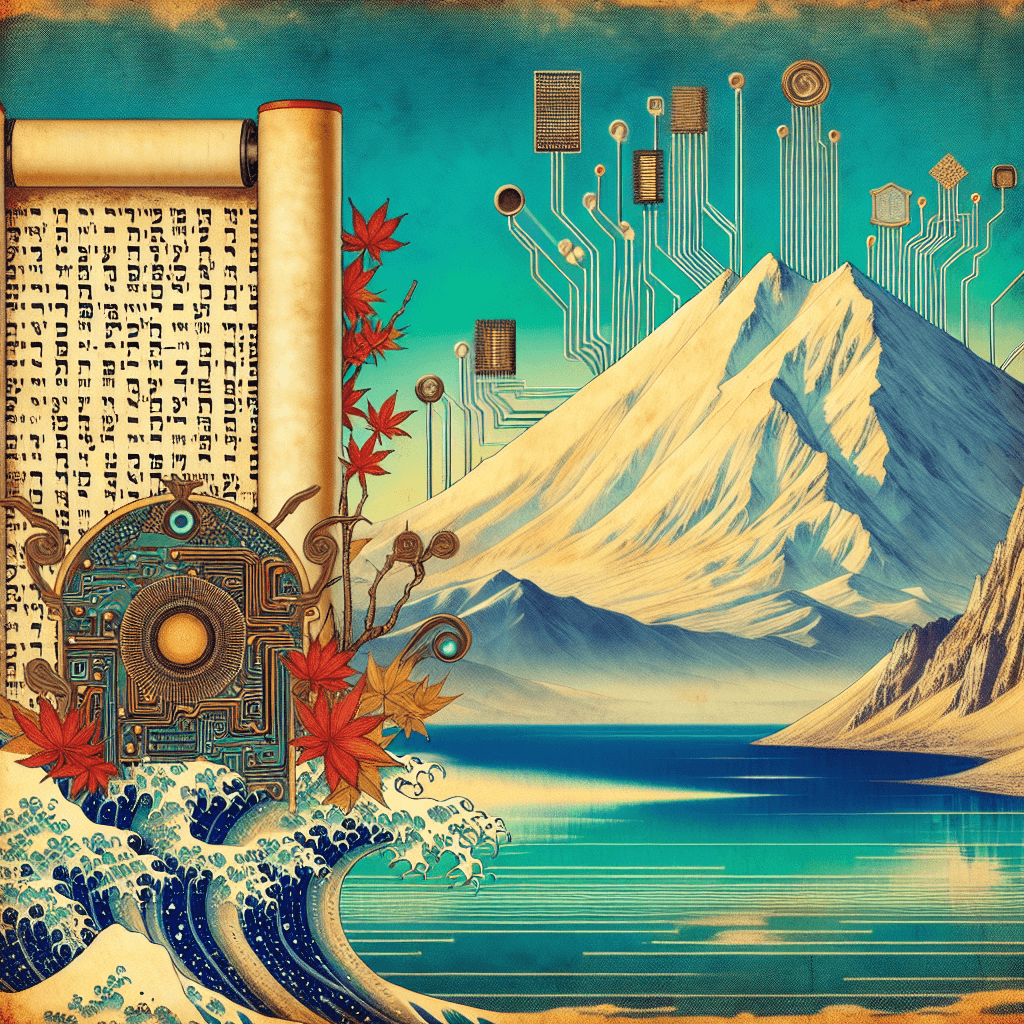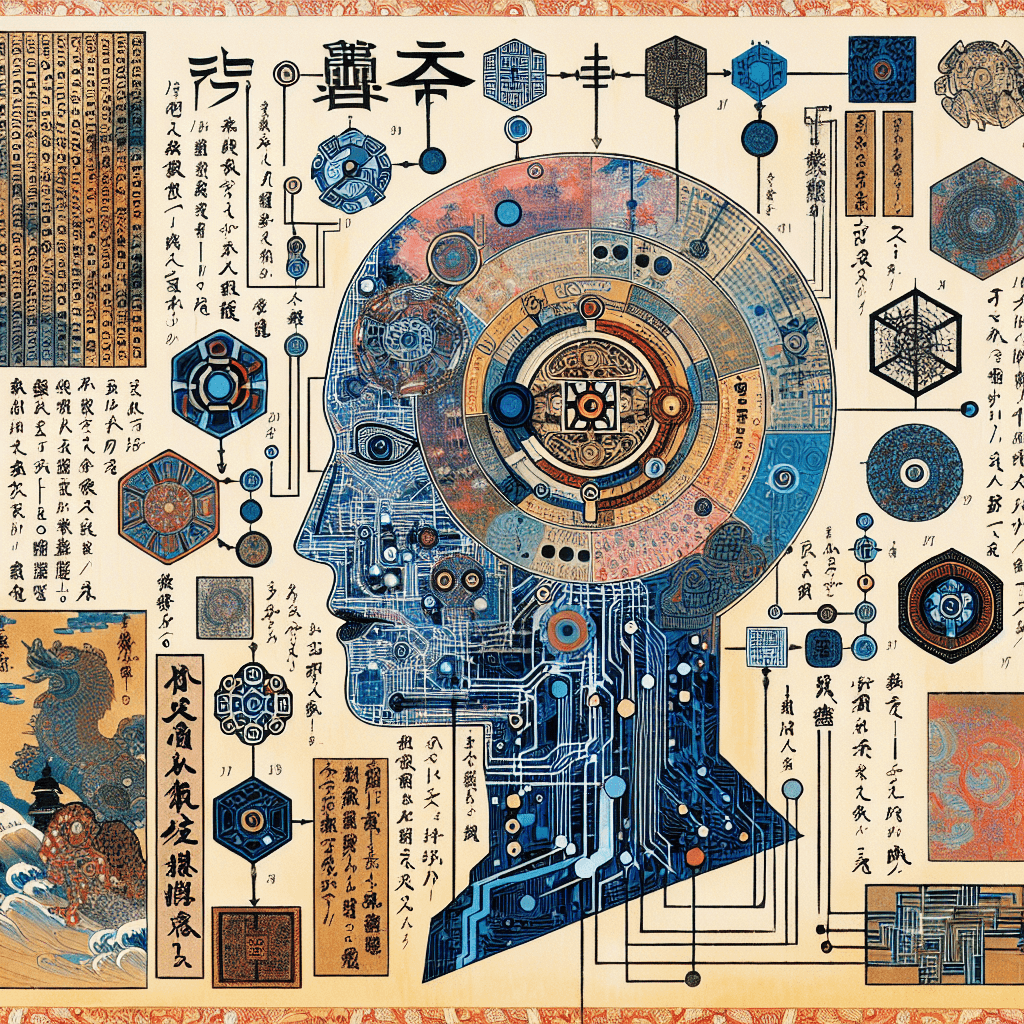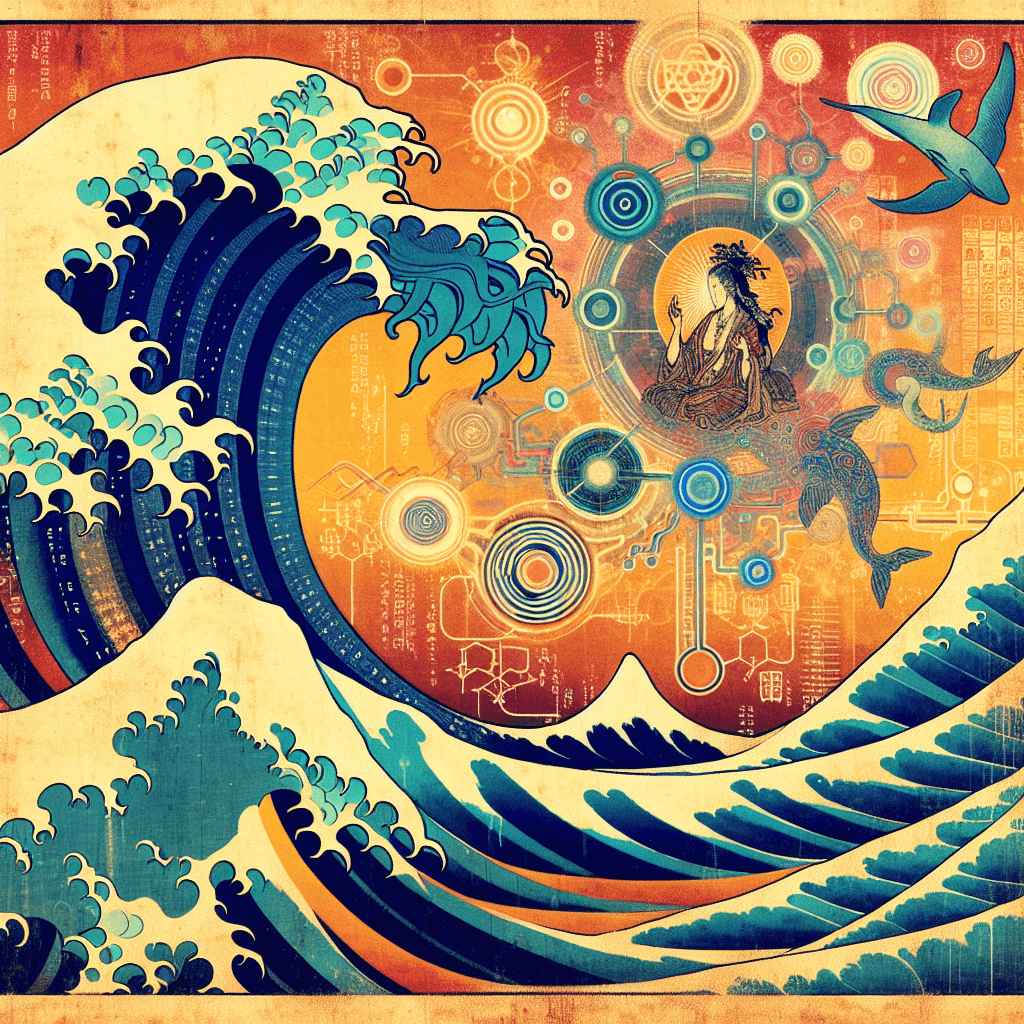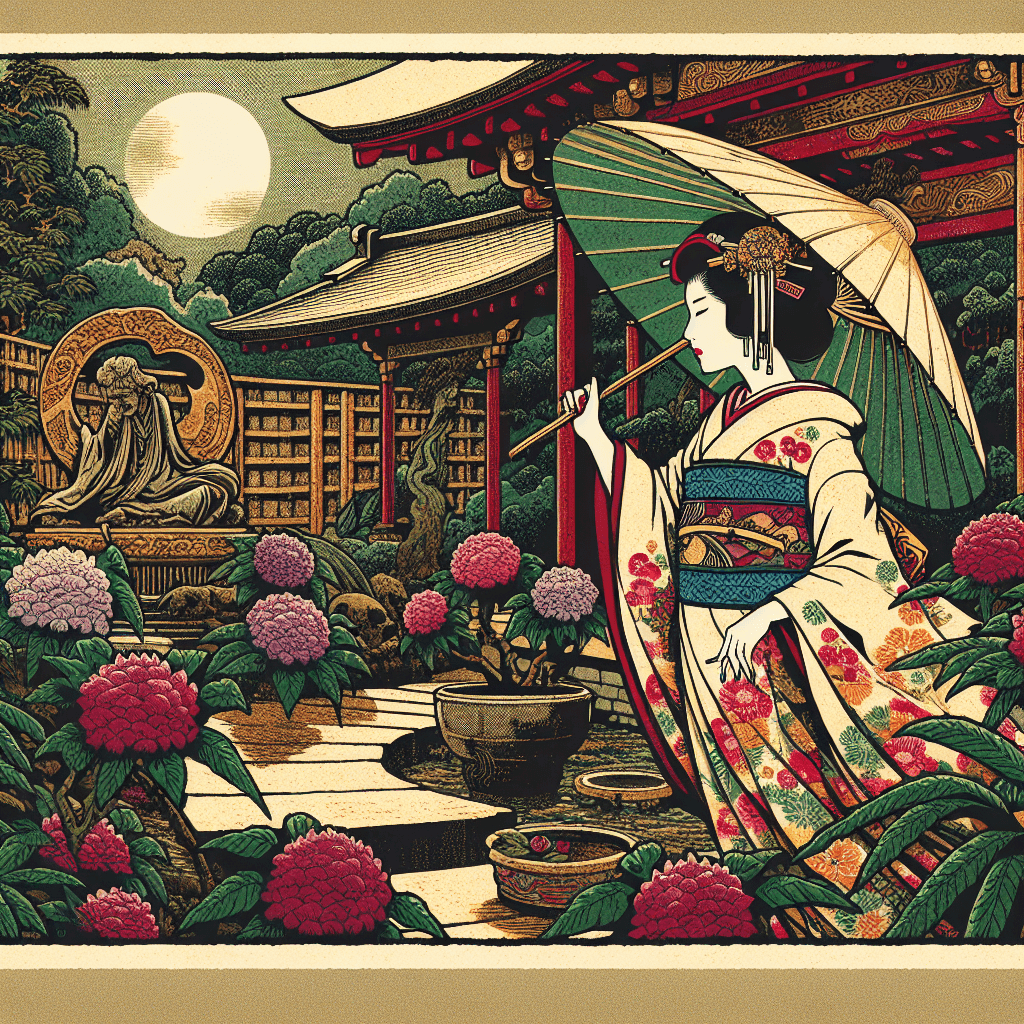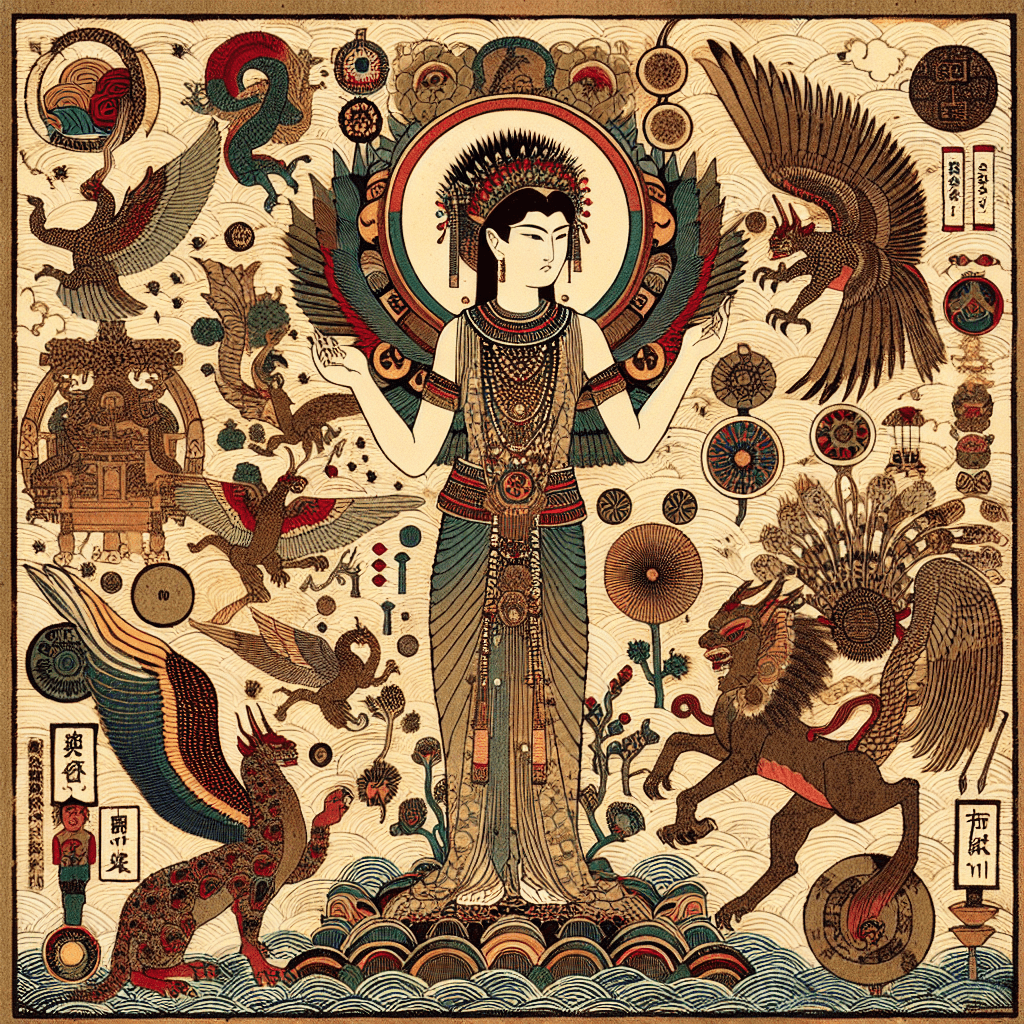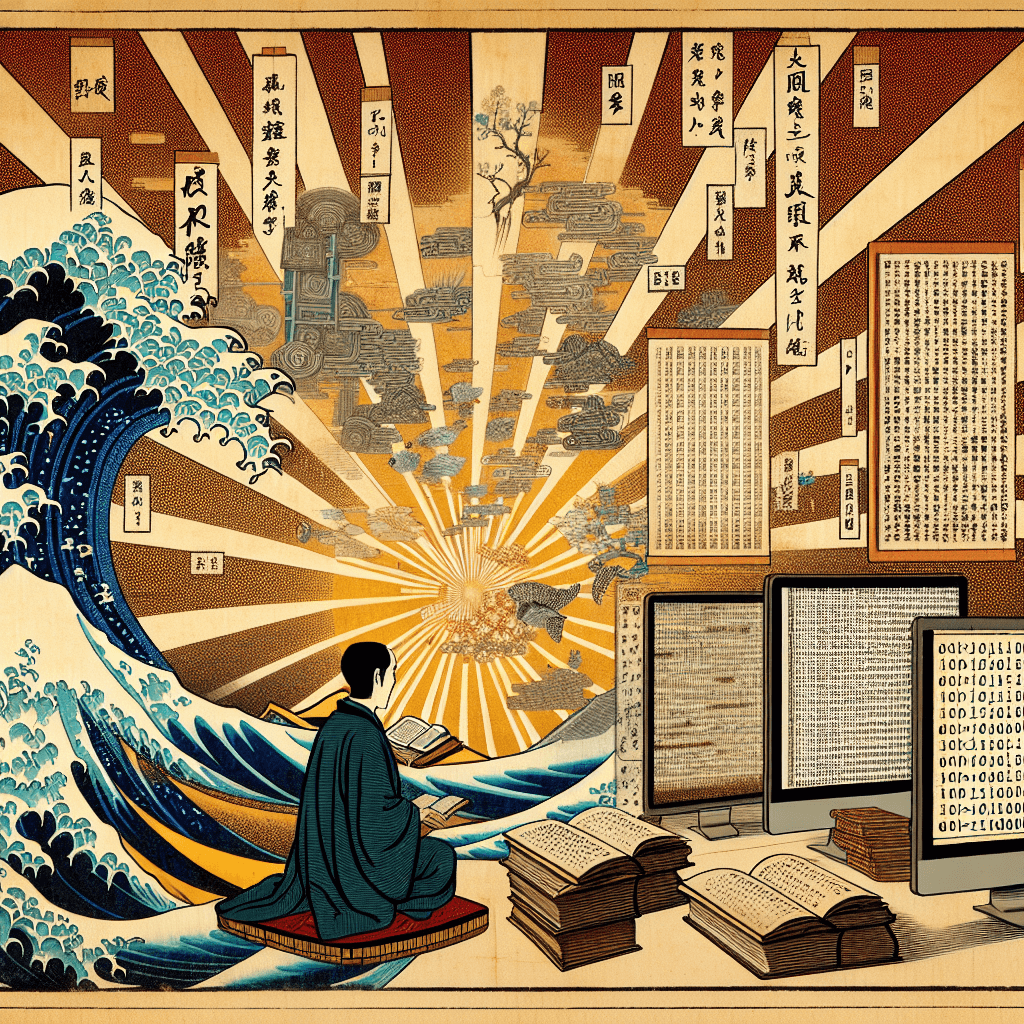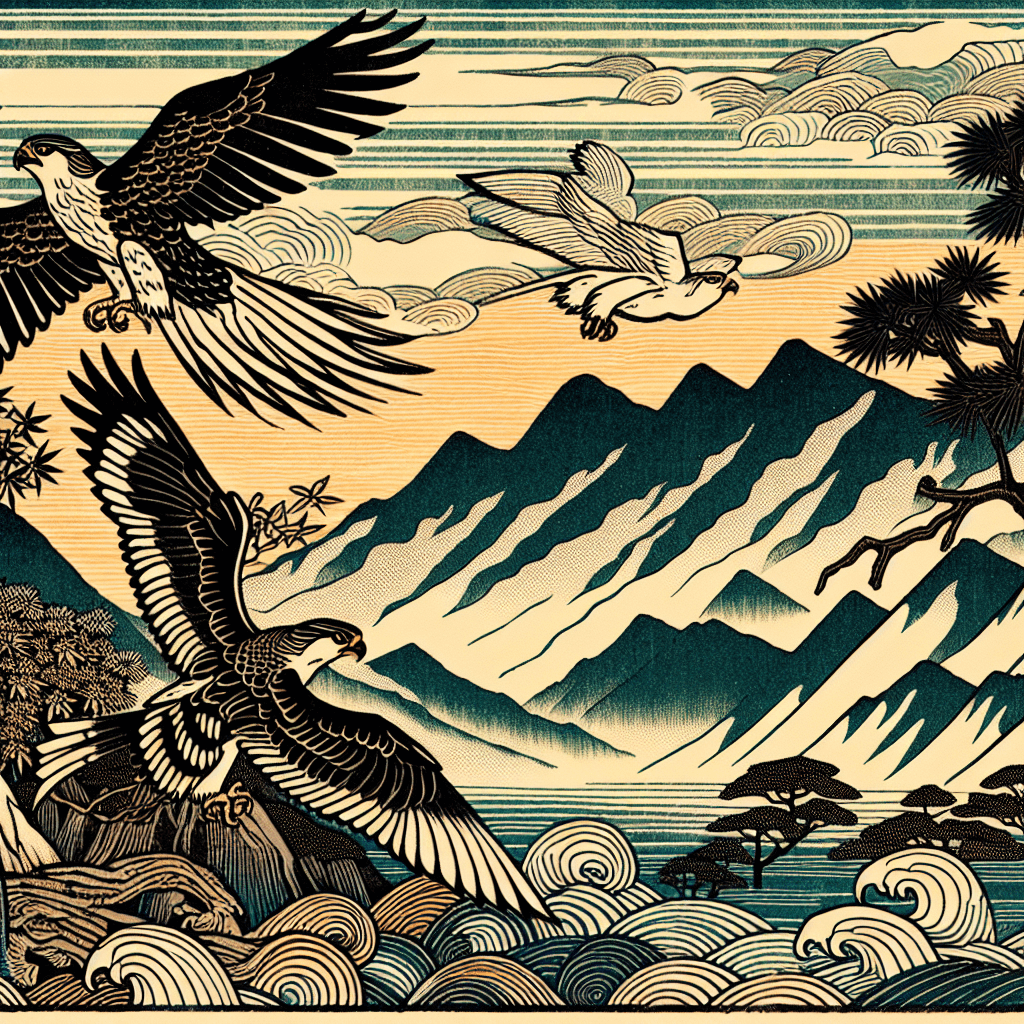Introduction to Dreams in Different Cultures
syndu | Nov. 2, 2023, 11:39 p.m.
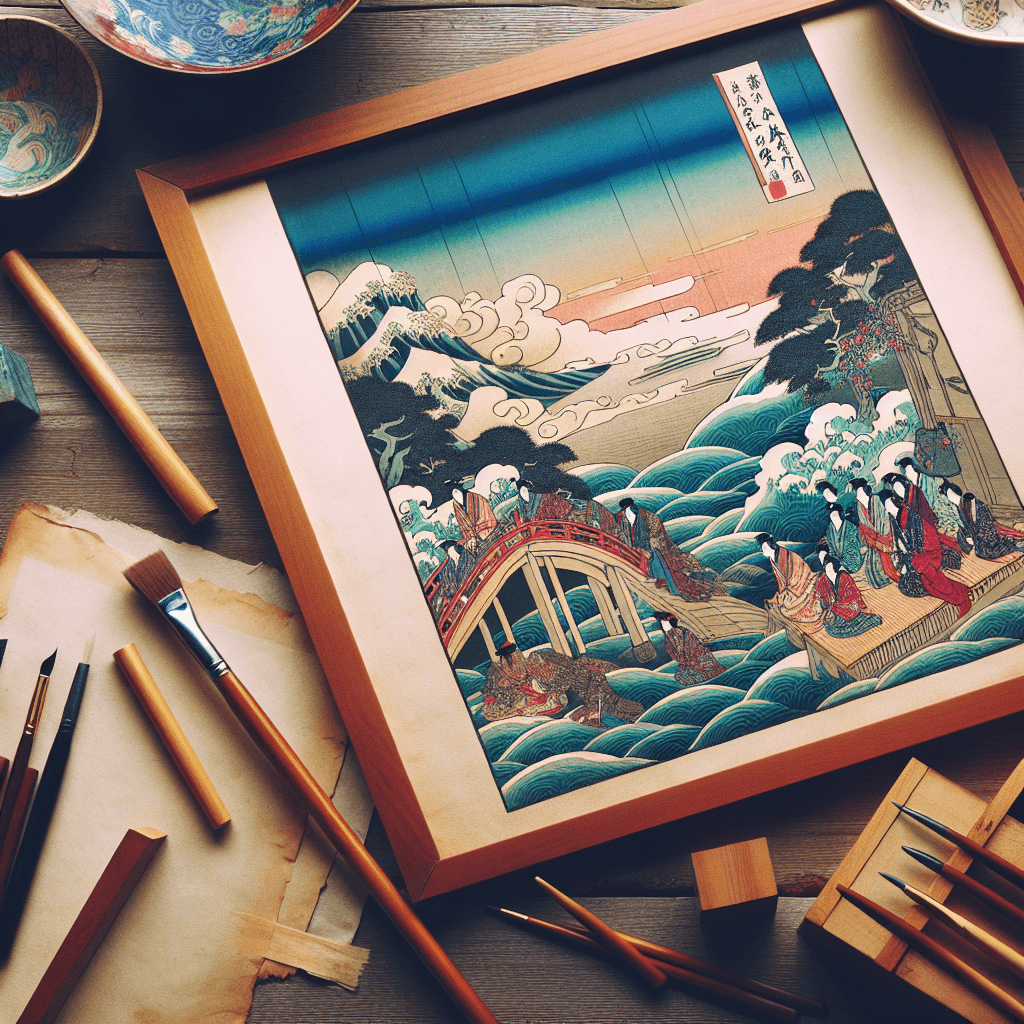
Introduction to Dreams in Different Cultures
Dreams have always been a universal phenomenon that has intrigued mankind. From the earliest civilizations to the modern world, dreams have been a subject of fascination, curiosity, and study. They have been seen as messages from the divine, a window into the subconscious, and even as predictors of future events.
However, the interpretation and significance of dreams are not universal. They vary greatly across different cultures and societies. This is largely due to the diverse cultural, religious, and philosophical beliefs that shape our understanding of the world and our place in it.
In this series of blog posts, we will explore how different cultures regard dreams. We will delve into the dream traditions of Ancient Egyptian, Chinese, Native American, African, European Middle Ages, and Modern Western cultures. Each of these cultures has unique perspectives and practices related to dreams, providing a rich tapestry of interpretations and beliefs.
Through this journey, we will not only gain insights into the diverse ways in which dreams are interpreted but also appreciate the cultural diversity that exists in our world. We will see how dreams, a universal human experience, are understood and valued differently across cultures.
So, let's embark on this fascinating journey into the world of dreams, exploring their cultural significance and interpretation. Stay tuned for our next post, where we will delve into the dream world of Ancient Egypt.
